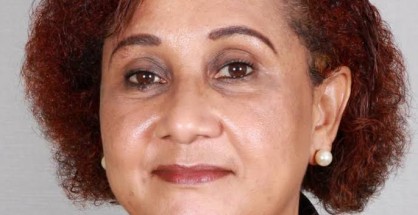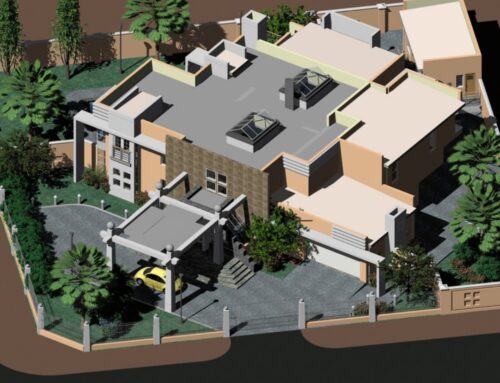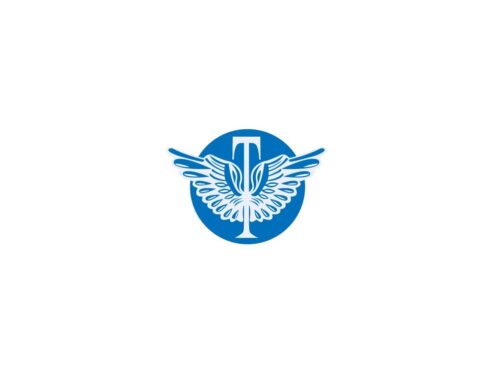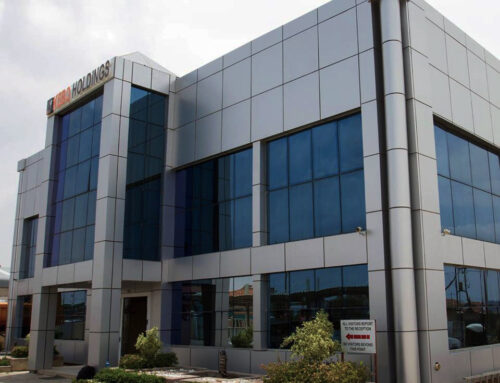
Botswana, which will host the 35th Southern African Development Community (SADC) summit in August 2015, is an African success story and an important SADC member. Botswana is committed to SADC’s main objectives, which are to achieve economic development, peace and security, the alleviation of poverty, and a better quality of life for the people of Southern Africa. SADC’s headquarters are in Botswana’s capital, Gaborone, and Botswana’s President, Ian Khama, was recently appointed SADC’s Deputy Chairman.
SADC aims to achieve its goals through regional cooperation and integration as outlined in the SADC Common Agenda. SADC member states are Angola, Botswana, Democratic Republic of Congo, Lesotho, Madagascar, Malawi, Mauritius, Mozambique, Namibia, Seychelles, South Africa, Swaziland, United Republic of Tanzania, Zambia and Zimbabwe.
A number of innovative SADC projects have been launched in Botswana, including the recent Monitoring of the Environment for Security in Africa (MESA) initiative developed by Botswana’s Ministry of Environment, Wildlife and Tourism in collaboration with the SADC secretariat. Kitso Mokaila, Acting Minister of Environment, Wildlife and Tourism, says, “The MESA initiative will play a pivotal role in supporting environmental-monitoring capabilities within the SADC region. It brings satellite technology and infrastructure to SADC member states, including Botswana, to allow continuous monitoring of our environment for hazardous natural disasters such as floods, wildfires and drought.”
High-priority energy project
At the 34th SADC summit in August, the heads of government of SADC member states announced that at least nine high-priority energy-transmission projects budgeted at over €3 billion are being developed in the SADC region and are open to international investors. These projects include the flagship ZiZaBoNa Interconnector Initiative to be implemented by Botswana along with Zimbabwe, Zambia and Namibia. The initial capacity of the transmission interconnector will be 300 MW; it will be increased to 600 MW.
Botswana is also one of seven SADC member states participating in the EU-SADC Partnership Agreement, which was formally implemented in August this year; the others are Angola, Lesotho, Mozambique, Namibia, Swaziland and South Africa. Gerard McGovern, former Head of the EU Delegation to Botswana and to SADC, noted in August that the new agreement allows for duty- and quota-free entry of Botswana’s beef into the EU. He added, “It is up to Botswana to take advantage of the EU-SADC partnership, especially since other middle-income countries competing for the same market do not have this advantage.”





